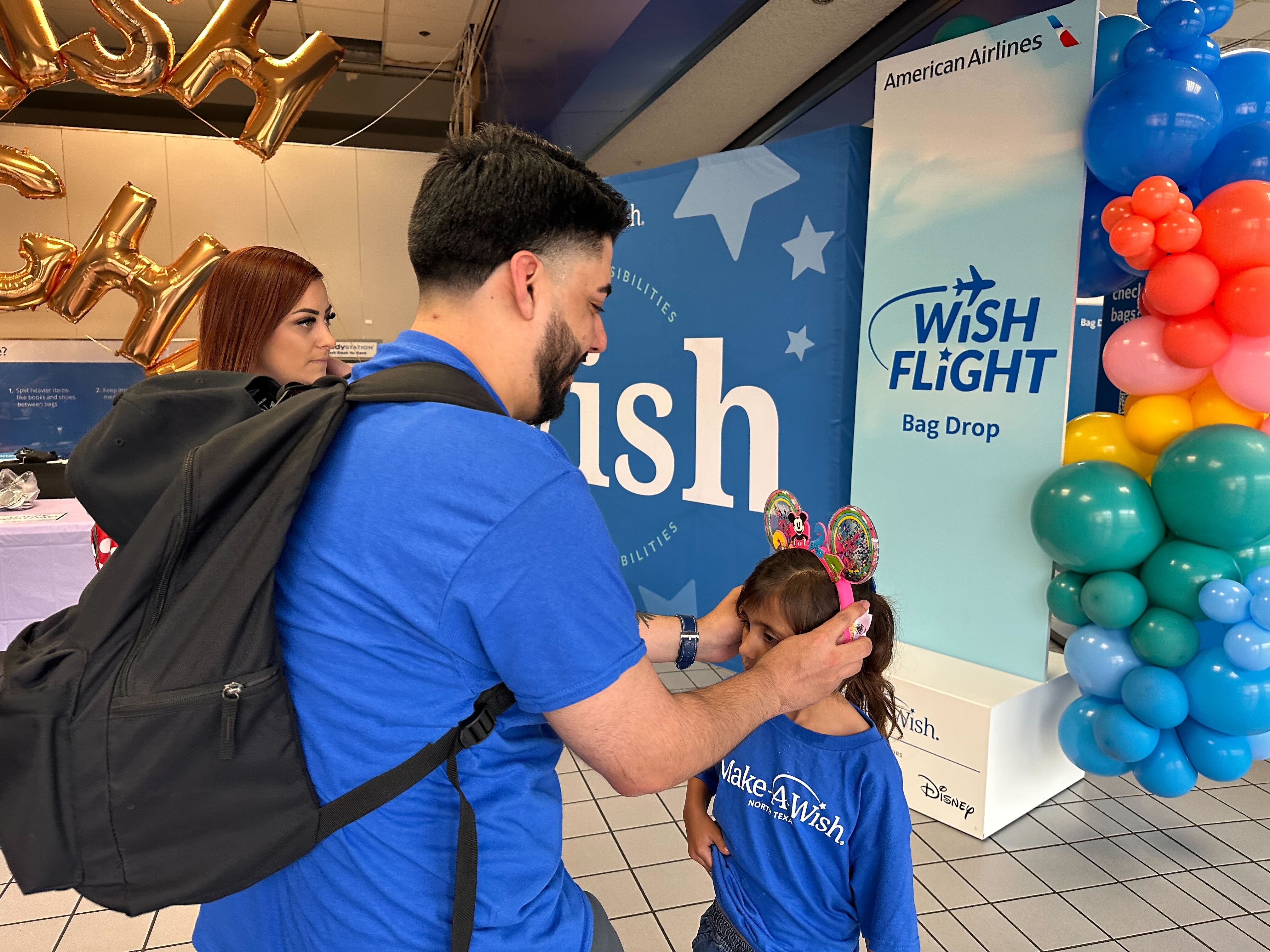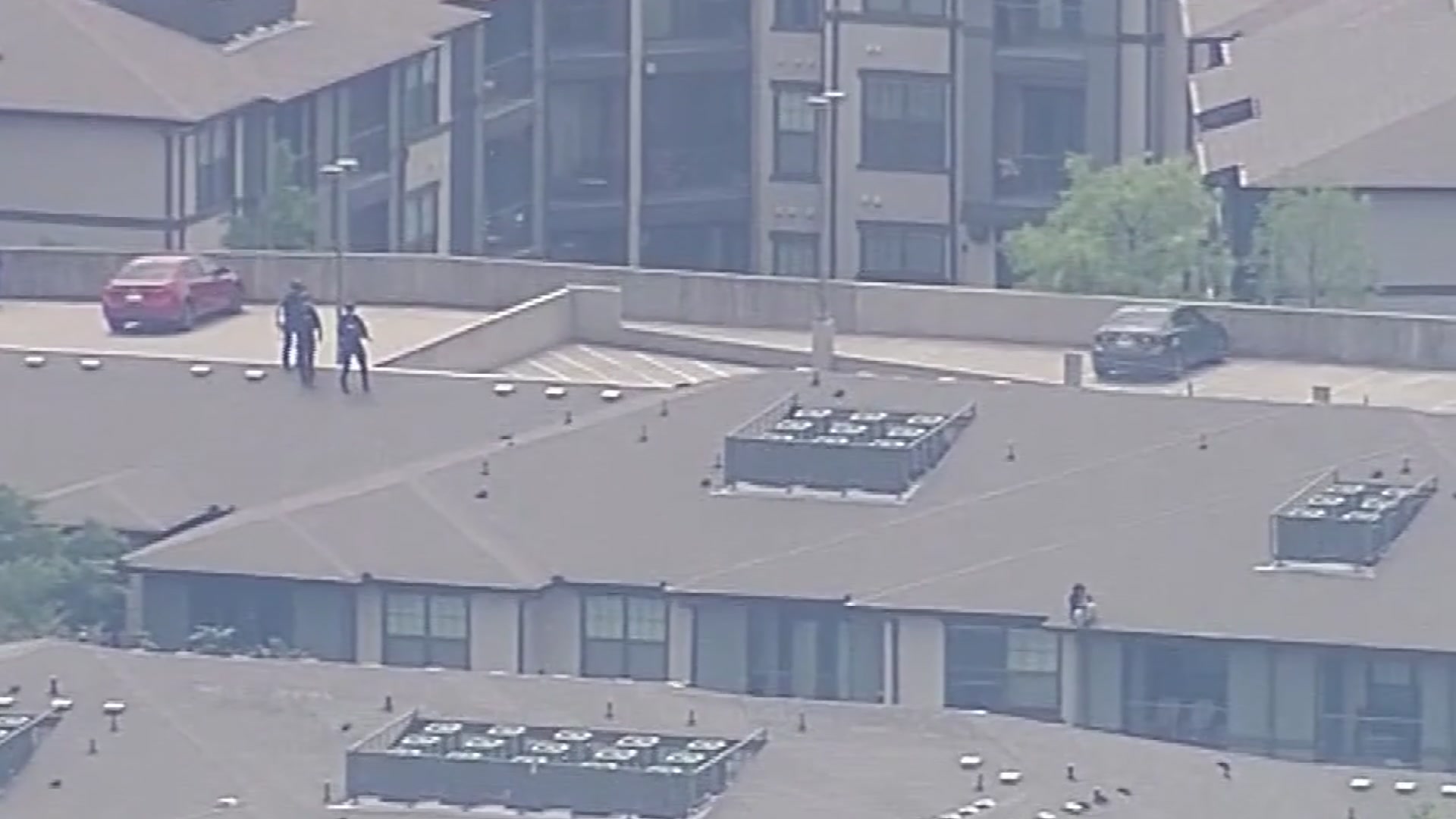The capital murder trial of Glen Samuel McCurley, the man accused in the 1974 kidnapping and murder of 17-year-old Western Hills High School junior Carla Jan Walker, completed its second day Monday.
Prosecutors are seeking life behind bars for the 78-year-old suspect instead of the death penalty. Jury selection was Thursday and testimony started Friday.
According to police, Walker was abducted, held captive, and sexually assaulted before being murdered and left in a ditch after a Valentine's Day dance 47 years ago.
Jurors heard a tearful confession during the second day of testimony in the trial.
Get DFW local news, weather forecasts and entertainment stories to your inbox. Sign up for NBC DFW newsletters.
When McCurley was questioned in 2020 about Walker’s murder, the then 77-year-old initially stood firm: He said he did not kill Carla Walker. In fact, he said he had never seen her before.
“I didn’t do anything like that,” he vehemently told detectives who accused him of kidnapping and murdering the teen.
However, detectives insisted and McCurley seemingly confessed to the crime and broke down in tears.
Local
The latest news from around North Texas.
Much of the audio in the video interrogation is difficult to hear, but McCurley can eventually be heard stating, “I guess I choked her to death.”
McCurley told detectives he had been out drinking the night of the crime.
He parked in a parking lot and noticed the girl screaming in her boyfriend’s car.
McCurley said he walked over "to help her out" and got the girl out of the car after a "tussle" with her boyfriend.
After denying raping and strangling the teen to death, McCurley let out a sob and confessed to both by the end of the interview.
Several people walked out of the courtroom in tears.
McCurley’s defense previously argued police forced a false confession out of the elderly, sick man.
Much of the day was also spent on the DNA evidence detectives said led them back to McCurley in 2020 after the cold case was reopened.
McCurley had been a suspect in 1974 because he purchased a gun magazine following the murder.
The magazine was the same make and model as the gun magazine recovered from the kidnapping scene. It had fallen during the incident and was found in the parking lot, along with Walker’s purse.
Detectives enlisted the latest DNA technology when the case was reopened, especially since many items were recovered and stored for over four decades.
While detectives were hopeful male DNA found on the teen’s dress would provide answers, the DNA was "too weak and incomplete" to form a DNA profile, according to experts involved in the case.
DNA on other sections of clothing matched both Walker and her boyfriend at the time, Rodney McCoy, who testified he had been pistol-whipped during the attack.
Another section was also tested and this time, scientists were reportedly able to create a DNA profile that was traced back to the McCurley family tree.
Fort Worth’s cold case police detective Jeff Bennett had been assigned to the case two years ago and received the call for which everyone had been waiting.
“They told me that they had developed a full profile, genealogical, working that they had a family name,” Bennett said. “He told me that a name that they had developed was McCurley and that was a very emotional moment because I felt like we had, I was hearing something that detectives wanted to hear for the past 46 years.”
In opening arguments Friday, the defense claimed that no forensic evidence from the scene was linked to McCurley. His lawyers also called into question the other DNA evidence that was confirmed to match McCurley, as well as his confession -- stating that he was telling police what they wanted to hear.
NBC 5 learned in September 2020 that DNA evidence recovered from clothing and a bra worn by Walker on the night she was killed was sent to Othram, a private lab in The Woodlands. The DNA profile created at Othram was used to narrow the search to three brothers with the last name McCurley.



